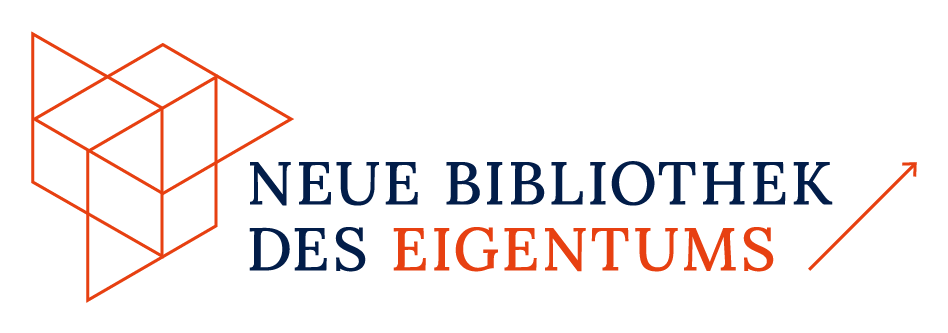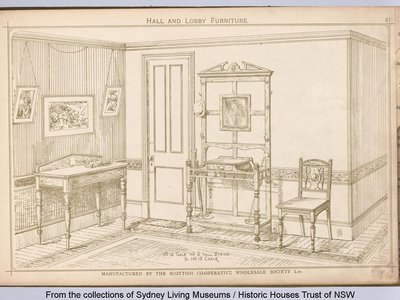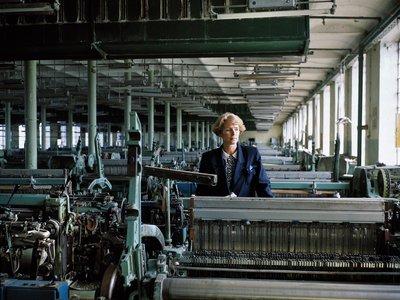Project Area Ordnungen
Systems of ownership and alternative social principles of order
The public, the private, the communal

Questions about which objects challenge the form of property and how relationships and conflicts between property subjects are regulated also put property regimes up for debate. Even more fundamentally, they need to be discussed and analysed in terms of the role played by property in a social regulatory framework and how it is coordinated with other principles. While modern private property as a basic institution interacts with other supporting institutions such as individual fundamental rights, the middle-class nuclear family, representative democracy, or the welfare state, this institutional framework also repeatedly produces tensions that become more diverse and complex when new areas are propertized or the spectrum of regulatory claims expands: Is the control over data and bodily substances a question of economic freedom and authority or of personality rights? Should public infrastructures be managed primarily with entrepreneurial responsibility or adapted to social needs at any cost? In relationships, do codified property rights or traditions and negotiations of shared living govern how possessions are used and passed on? And how does property structure the fundamental forms of world relations, which are simultaneously determined by religious or traditional orders? The interweaving, competition, and possible collision of various social ordering principles makes not only the regulation but also the analysis of such contexts a difficult and worthwhile task. It concerns, firstly, the crisis-prone coordination of basic institutions, secondly, conflicts between property and competing ordering principles, and thirdly, debates about whether property should be prioritized over or subordinated to other social purposes. Since institutions ultimately also shape the world relations and self-relationships of those involved, it is also necessary to examine subjectification processes and programs in the tension between proprietary and non-proprietary orders. The projects in the "Orders" area pursue these questions at different levels of social order.









